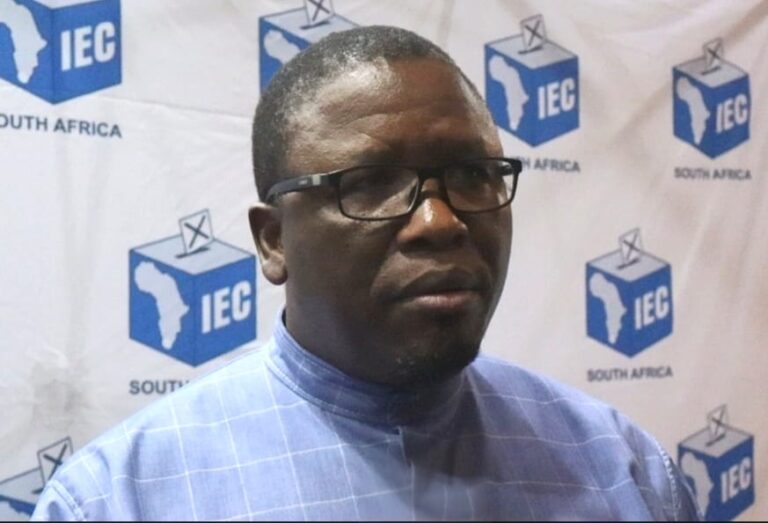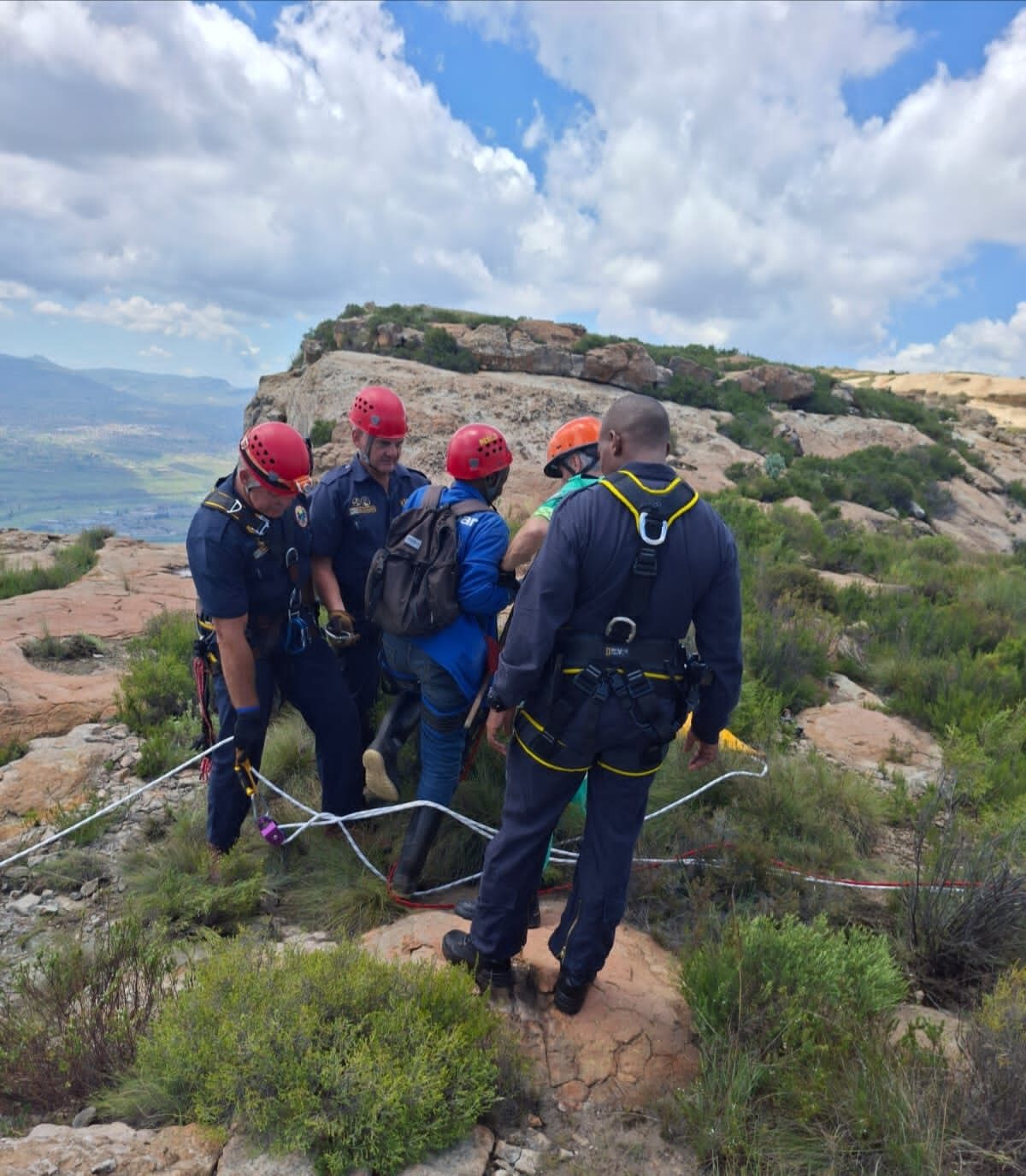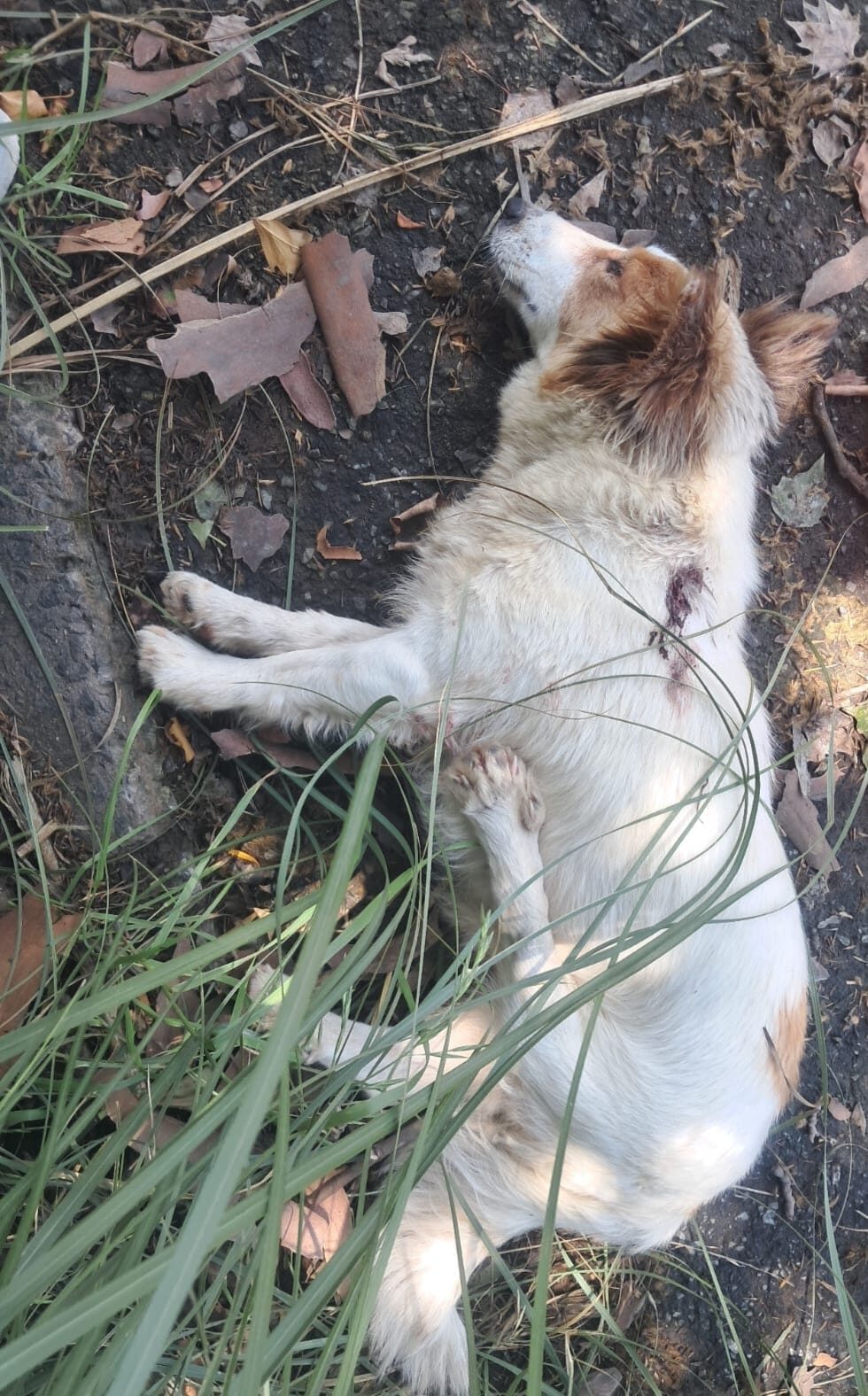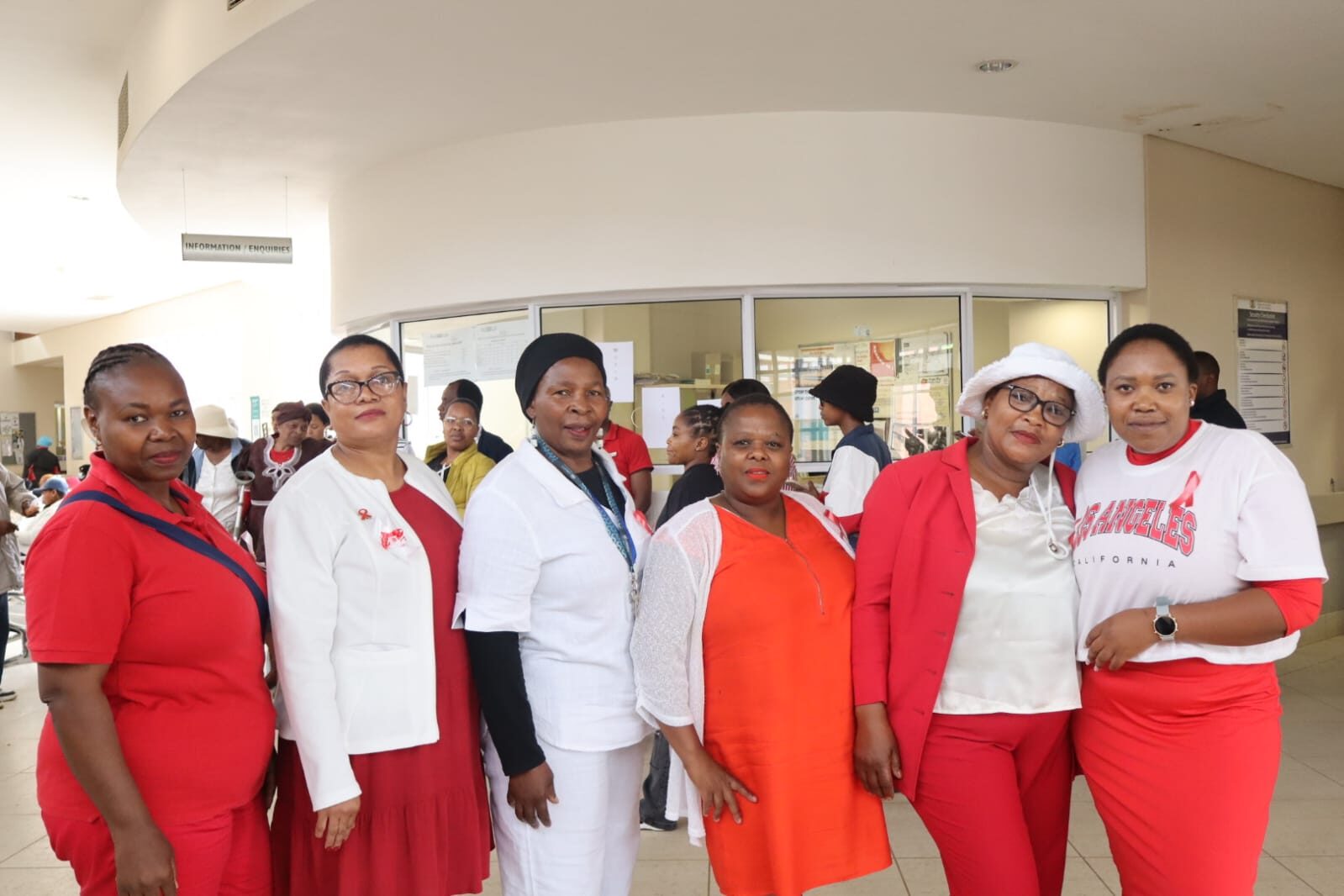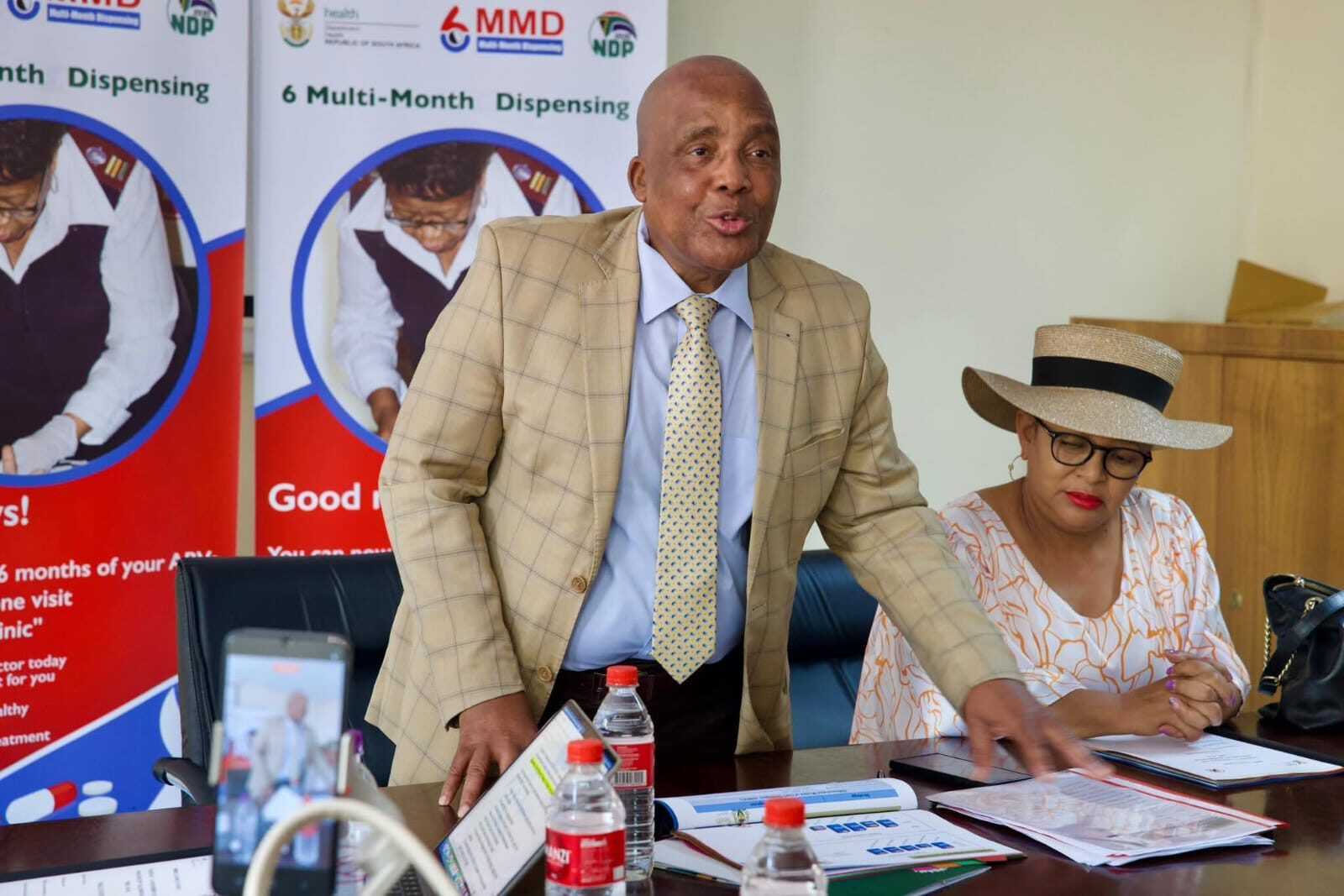By Emily Setona
QWAQWA – A Harrismith police officer has been hailed for her compassion after stepping in to help an eight-year-old disabled girl receive long-overdue medical care.
Constable Belinda Thembisile Tshabalala of the Harrismith Police Station’s Social Crime Prevention Unit noticed little Zanele Mthombeni struggling to move while other children played in the Intabazwe area.
Concerned for the child’s wellbeing, she approached her and later visited her home in Selahliwe Section with Sergeant L.C. Motaung.
There, the officers met Zanele’s mother, who explained that she had been unable to seek medical attention for her daughter because she is the sole caregiver of four children and cannot leave them unattended to queue at the hospital.
Deeply moved by the family’s circumstances, the officers contacted Sister Mosikidi at Harrismith Clinic, who advised that the matter be referred to the Department of Social Development. They then reached out to OVV, a local non-governmental organisation, where social worker Miss Motaung took up the case.
Upon visiting the Mthombeni family, the social worker found their situation worse than expected. She immediately arranged for Zanele to be examined at Harrismith Clinic, from where the child was referred to Thebe District Hospital for further medical evaluation and care.
“The case is now being handled by a social worker in collaboration with medical professionals to ensure that the child receives the necessary treatment and support,” said Warrant Officer Mmako Mophiring, spokesperson for the Thabo Mofutsanyana District SAPS.
Constable Tshabalala, who describes policing as “a calling, not a job,” said her Christian faith motivates her to serve others with empathy and integrity.
Her act of kindness underscores the growing role of social crime prevention within the South African Police Service, where officers are increasingly working with communities to address the social challenges that often underpin criminal behaviour.
“Sometimes service means more than arrests and patrols — it means seeing a human being in need and responding with compassion,” Tshabalala said.







